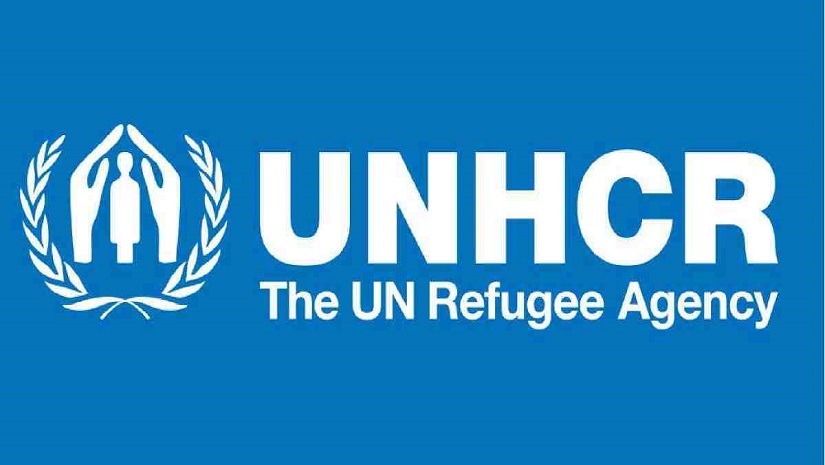UNHCR provides medical equipment to serve Rohingya, locals
- Nayadiganta English Desk
- 19 April 2020, 16:26

United Nations High Commissioner for Refugees (UNHCR) has provided significant amounts of Personal Protective Equipment (PPE) and other urgently needed medical supplies to Bangladesh to stem the spread of coronavirus among Rohingya refugees as well as locals in the southern district of Cox’s Bazar, also the host city of above 1.2 million persecuted Rohingya.
“The donations, which include gowns, masks, goggles, gloves, hand sanitizer and disinfectant equipment, have been made to both the Civil Surgeon’s Office and the Sadar Hospital in Cox’s Bazar district,” said a UNHCR press release issued on Sunday.
It added that despite global shortages of PPE due to the unprecedented scale of the COVID-19 pandemic, massive efforts are underway in Bangladesh to provide the necessary protection to front line health workers, who are serving the needs of both local Bangladeshis and Rohingya refugees.
“We are grateful for this timely and critical support from UNHCR, when we need it most,” said the Dr. Md Mohiuddin, Medical Superintendent of Sadar Hospital in Cox’s Bazar.
UNHCR is also supporting the authorities to increase the intensive care capacity of Sadar Hospital, with 10 ICU beds as well as 8 high dependency beds, and provision of staffing.
The Government of Bangladesh has taken steps to curb the spread of the COVID-19 virus locally and nationally and is engaged in intensive efforts to source and ensure the delivery of PPE, as well as other vital medical supplies.
The UN and humanitarian partners are, wherever possible, supporting these efforts and seeking additional resources, including further PPE, said the statement.
In Cox’s Bazar, UNHCR is working in close collaboration with the national authorities in a race against time to prepare medical facilities to respond to those who may be affected by the virus. “This includes establishing an Isolation and Treatment Centre, which is currently under construction in Ukhiya, that will serve those who require care among the local Bangladeshis and the Rohingya refugee community.”
“The outbreak is a global challenge that must be addressed through international solidarity and cooperation. We continue to work hand-in-hand with the Government authorities to ensure the best response possible for all affected communities,” said Sandra Harlass, UNHCR’s Senior Public Health Officer in Cox’s Bazar.
UNHCR and partner agencies have provided additional resources to local health centres in the sub-districts of Ukhiya and Teknaf, as well as to primary health centres within the [Rohingya] camps, the statement added.
Kamruzzaman

